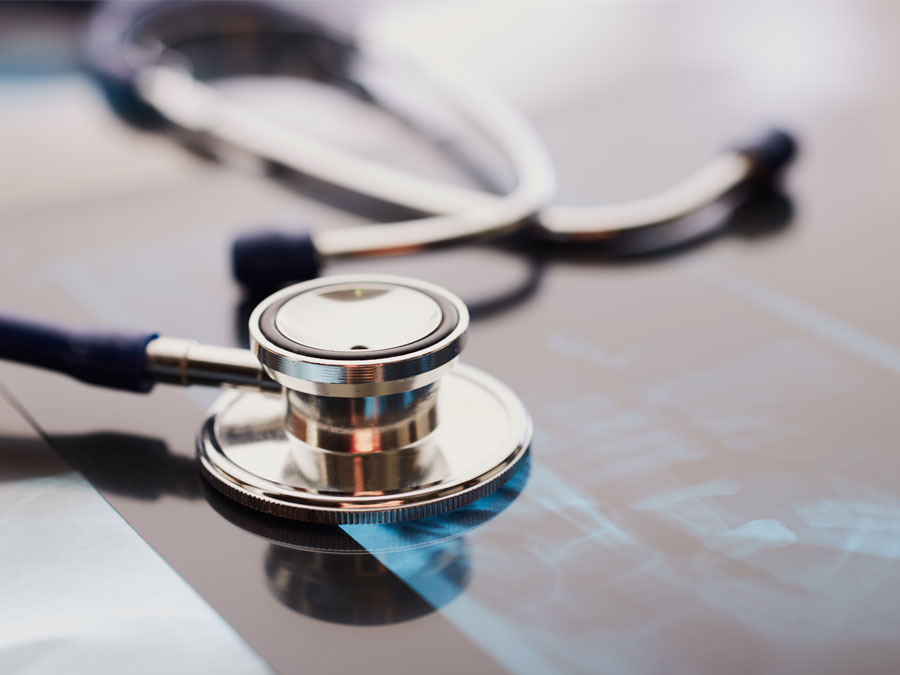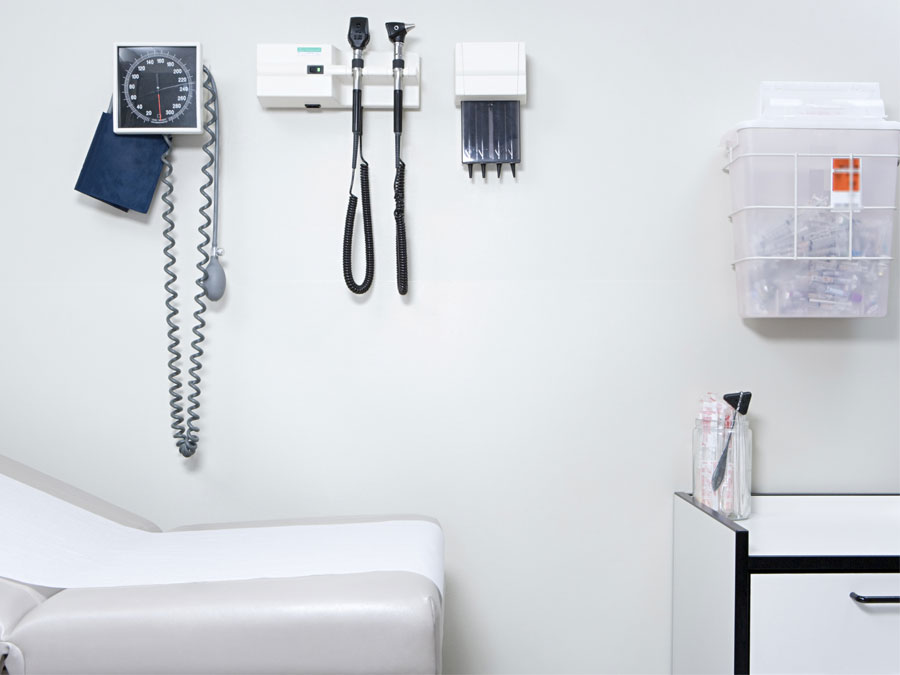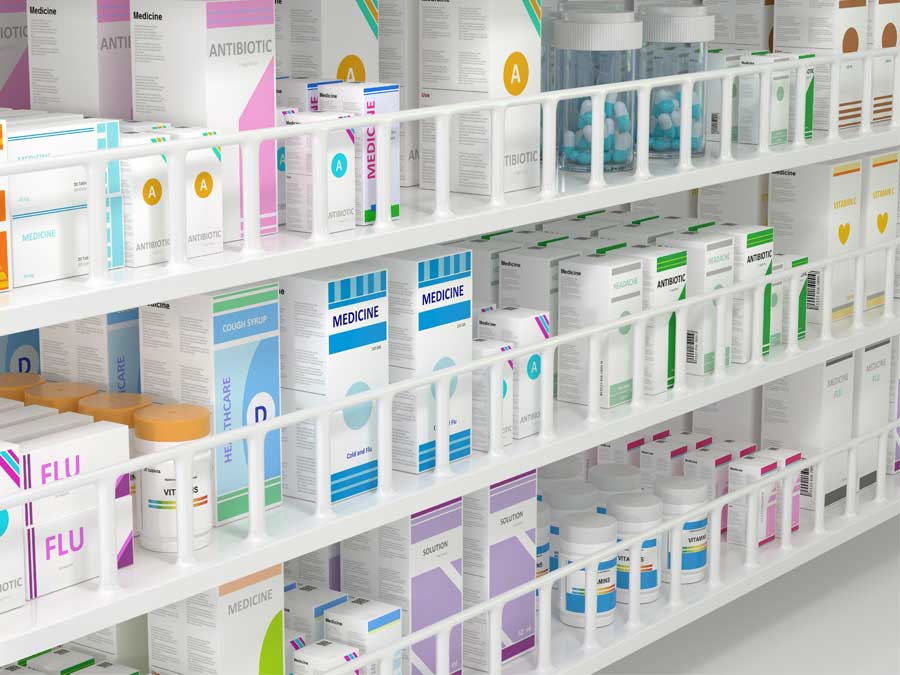
Health and medical care in the USA
The USA is a large and diverse country with constantly changing landscapes, but one thing that remains constant is access to high quality healthcare. Tap water is generally safe to drink and the food, although rich and often large, adheres to strict food hygiene standards.
The only downside is that healthcare is extremely expensive – even a GP visit – and that’s where we can help. We have compiled some handy tips below to help you get the best healthcare, or even better, avoid any health issues in the first place.

Vaccinations
If you’re up-to-date with all your routine immunizations, there are no special vaccinations you will need before your trip to the States. However, it’s still a good idea to consult your doctor on what medicines or vaccinations you might need based on where you are going, how long you are staying, and what you will be doing.
Hygiene
The USA has a wide variety of foods available and usually in famously large quantities. Whether it’s the famous Texan BBQ ribs, the Creole cooking of New Orleans, the Mexican influenced Californian cuisine or the ubiquitous burger and fries, there’s a huge range available. A large amount of the food in the USA is deep fried, or at least well-cooked. In fact, you may struggle to find a steak served rare! This does mean that food hygiene is generally of a high standard, with the Food Safety Moderation Act (FSMA) meaning that high standards are universally imposed.
However, you’ll probably come across food that is richer, more greasy or spicier than you’re used to eating at home. It’s great to try new foods, but be aware that your body might not be used to them so take it easy to start with.
USA is a first world country, so tap water can be expected to be drinkable. Some water taps in places like campgrounds or roadside parking spots might not be drinkable, so keep your eyes peeled for signs advising of this and use your discretion. If you’re unsure, ask locals or stick to bottled water.
If you are heading out camping or walking in the bush, it’s important to use insect repellent. The Aedes mosquito is the carrier of Dengue fever and the Zika virus, and it can be found in parts of the USA, including Florida and Texas. The important part is to not to get bitten, so use insect repellent and mosquito nets in places where it’s recommended to avoid infection.
Washing your hands regularly and using hand sanitizer will help to prevent you getting sick. If you do get sick, however, make sure you seek medical attention, especially if symptoms persist or if you have a temperature that continues to rise.

Hospitals
Where to go for help
The USA has a high standard of medical care, with hospitals and doctors widespread throughout the country. Unfortunately, medical care in the states is also notoriously expensive, prohibitively so if you don’t have travel insurance. It’s not uncommon for travellers to be refused treatment for minor injuries if they can’t show proof of travel insurance. That’s why insurance is so important if you’re visiting the States. A quick look at some of our most expensive claims just goes to show how much medical care costs in the USA!
How SCTI can help
Our team is here to help. Our experts can give you advice on where to seek medical attention and arrange a payment guarantee. This means, if you have to pay upfront for treatment you can rest assured that we will pay for the costs when you claim. In some cases, a large deposit will be required before you receive any care. If necessary, we can also make recommendations and arrangements to move you to more suitable facilities.
When you’re discharged, always ask for a medical report and receipt to help with making an insurance claim.
What to do in an emergency
Call our Emergency Assistance team. We can:
- Provide payment guarantees to hospitals or emergency clinics
- Keep your immediate family advised of your situation
- Co-ordinate emergency medical evacuation if necessary
Get approval before treatment
If you need to be admitted into a hospital, require a surgical procedure or treatment, or think your medical expenses are likely to exceed $2,000, you or someone acting on your behalf will need to contact Southern Cross Emergency Assistance for prior approval as soon as possible on +61 2 9191 1180.
We will be able to review your claim, organise emergency evacuation if necessary, provide the hospital with a payment guarantee so you don’t have to pay up-front, and keep your family back home informed of your situation. Keep hold of your receipts and any doctor’s notes as we will need to see these alongside your claim.
If you need to visit a GP for a minor medical reason, you don’t need to contact Southern Cross Emergency Assistance. Instead, simply pay your account and claim.
If you need specialist treatment (including physiotherapy and chiropractic treatment) you must get a referral from a registered medical practitioner.
Be prepared
If you have an accident or medical problem, emergency services are usually fast to respond, but in some cases they can delay treatment until you can provide proof of insurance. Keep your travel insurance details in a handy place, along with a list of your prescription medications and known medical conditions - in case of an emergency, this will be one of the first questions you will be asked by medical professionals.

Medication
The USA has extremely strict drug laws and it’s worth being careful about all prescription medication. While over the counter medications are widely available and inexpensive, the same can’t be guaranteed for prescriptions. If you need to take medication with you, ensure you’ve got enough to last your entire trip, as it may be difficult to get more if you need it – not to mention the expense!
It’s important to make sure all medication is still in its original packaging and matches your prescription, so the authorities can check it. You should also take a prescription or doctors note with you as proof that it has been prescribed to you, or customs could confiscate it.
Before you go
If you are feeling unwell before you leave home, it’s very important that you see a doctor. They can give you a professional recommendation on whether or not you should travel.
Even if a doctor tells you that it’s ok to travel, you still need to contact us – we’ll be able to tell you if your insurance can still cover you. If there are any changes to your medical conditions, or a new illness or injury arises before you depart for your trip, please email us at [email protected] so we can make sure you’re still fully covered.
Health warnings
From tornadoes to typhoid, it pays to be in the know. You can keep up-to-date on any global health warnings through the World Health Organisation (WHO). A large section of their website is dedicated to the precautions you should take when travelling.
Safe Travel also provide advice on travel risks in the USA, and allow you to register your travel and contact details in the event of an emergency.
Common claims
Gastro
We get a lot of claims from travellers that have suffered gastro problems in the USA. This is often due to the difference in cuisine. Food in the States is often richer, heavier and occasionally greasier, not to mention the huge portion sizes! If you are new to American cuisine, take it in little steps. Start with milder food instead of the spiciest options and don’t feel like you have to finish the whole serving.
The common cold
Whether visiting a busy city or a snowy mountain, it’s not uncommon for people to catch a cold from either those around them or from the change in temperature. When it comes to catching a cold, good personal hygiene is probably your best defence. Simply washing your hands regularly and keeping your hands away from your face will help to prevent illness. It’s also a good idea to carry a small bottle of hand sanitiser when you’re out and about.
The content of this article is general and provided for information purposes only. Southern Cross Travel Insurance (SCTI) doesn’t guarantee or warrant the accuracy, completeness or currency of any article.
This article may contain hyperlinks to other websites owned or operated by third parties, or references to third party products or services. SCTI isn’t responsible for, and makes no recommendation about, the content or accuracy of any third party website, or for the suitability or performance of any product or service. The inclusion of a link in this article doesn’t imply that SCTI endorses the website or third party product/service.






